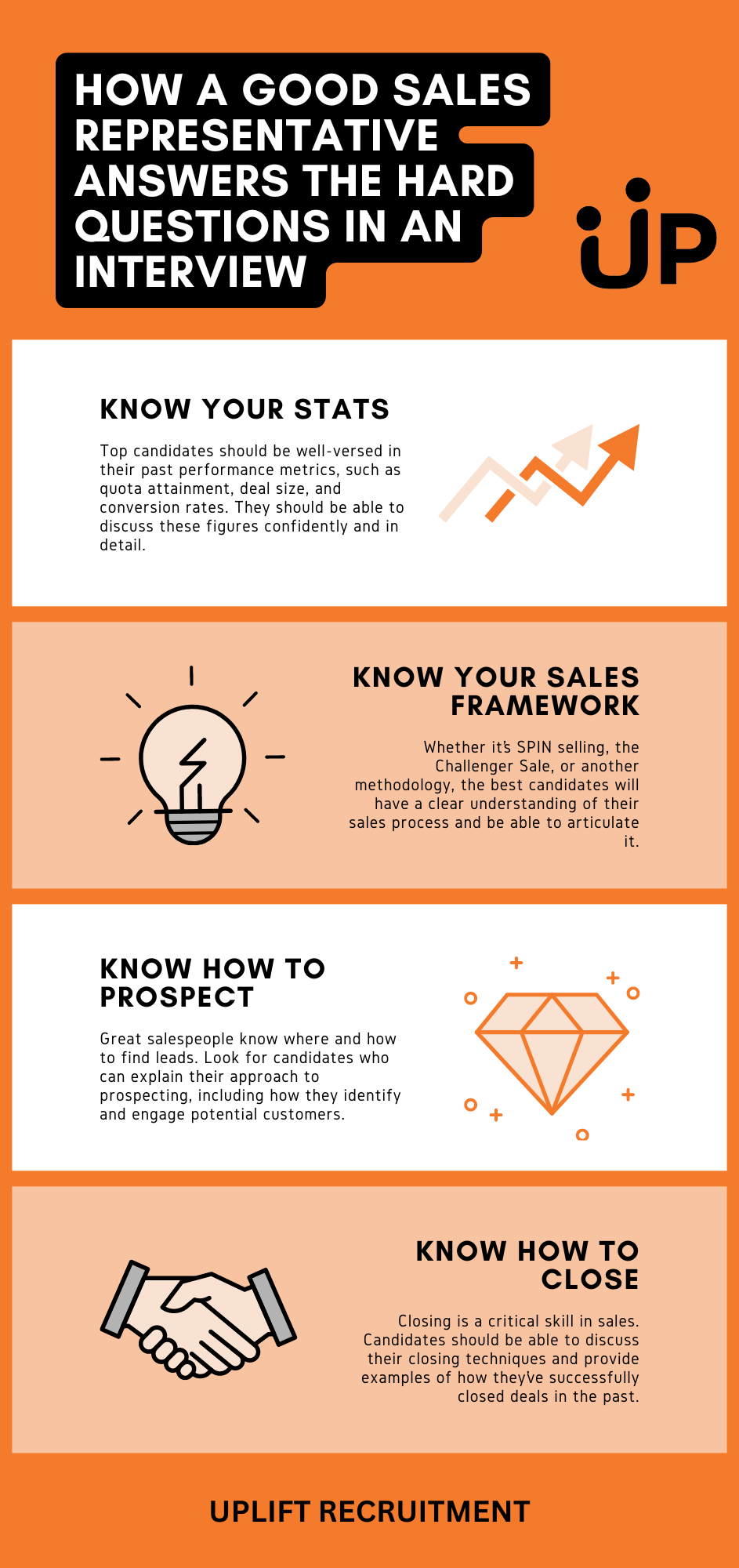
The Art of Hiring Top Sales Talent in Australia: How to Find Revenue Generators
For small-to-medium tech businesses, having a strong sales team is critical to driving product adoption and growth. Hiring top sales talent can feel like a never ending search. Sales professionals change jobs frequently and hiring teams may not know they’ve hired a lemon until it’s too late. This article explores effective strategies for identifying and hiring the best salespeople, understanding the key differences between essential sales roles, and adapting to what’s going on right now in the Australian job market.
What are the sales roles for tech, martech, and fintech companies?
Tech companies are generally hiring Sales Development Representatives (SDR) and Business Development Representatives (BDR), Account Executives (AE), Account Managers (AM), Customer Success Managers, Channel Partners, Sales Operations Managers, Enterprise Sales Executives, VP Sales, and Sales Directors.

What is happening in Australia’s sales job market right now?
Lots of applicants, not so many suitable candidates.
While recruiters love coming into heaps of job applications on Monday mornings, we don’t like sifting through a pile of fork lift driver CVs when looking for sales professionals. That’s the reality at the moment. People without the requisite skill set are applying for roles in sales.
Meanwhile, companies are constantly vying for top talent and struggling to keep the sales staff they get. A recent survey conducted by the Australian Recruitment Industry revealed that 68% of Australian companies are finding it increasingly difficult to attract and retain top sales talent. Additionally, a study by Hays Recruitment found that 61% of employers reported turnover rates in their sales teams above the national average, indicating a significant challenge in retaining skilled sales professionals. This competition for talent is driven by the demand for salespeople who can navigate the complexities of tech product and modern sales strategies, such as consultative and solution selling, which are increasingly vital in today’s market.
What’s Changed About Selling in Tech?
The sales landscape in Australia, like much of the world, has evolved dramatically in recent years. The shift from traditional product-focused selling to solution-based and consultative selling has changed what businesses need in their sales teams:
- Solution Selling: Today’s salespeople must focus on providing tailored solutions that address the specific pain points of their customers, rather than simply pushing products.
- Consultative Selling: Sales reps are now expected to act as consultants, guiding customers through complex decisions and helping them achieve their business goals.
- Selling as Helping: Modern sales strategies emphasize the importance of building trust and positioning the salesperson as a partner in the customer’s success, rather than just a vendor.
What Makes a Great Salesperson?
A successful salesperson possesses a unique blend of qualities that go beyond mere product knowledge. Prior tech/SaaS experience, resilience, communication skills, a customer-focused mindset, and the ability to adapt to changing circumstances are all crucial traits.
According to a 2023 LinkedIn Talent Solutions report, 92% of hiring managers in the tech and SaaS industries consider prior industry experience and the ability to build strong relationships as critical factors when hiring sales talent. Moreover, a study by HubSpot found that salespeople with high resilience and strong communication skills are 45% more likely to meet or exceed their sales targets, and those who effectively navigate objections can increase their close rates by up to 30%. These statistics highlight the importance of focusing on these qualities during recruitment to ensure long-term success in sales roles.
What You’re Really Asking for If You’re Looking for an Account Manager?
When businesses seek an Account Manager, they often need someone who can nurture and grow existing accounts, rather than aggressively pursue new business. This is where the distinction between a “hunter” and a “farmer” comes into play:
- Hunter vs. Farmer: Account Managers are typically “farmers” who excel at cultivating relationships and maximizing the value of existing clients. They may do some business development (BD), but their primary strength lies in maintaining and expanding current accounts.
- Nurturing Over New Business: If your business requires limited BD and more focus on customer retention and satisfaction, a strong farmer-type Account Manager is likely what you need.
Account Manager vs. Business Development Manager: Understanding the Roles
- Defining the Roles:
- Account Manager (AM): Account Managers are tasked with nurturing and maintaining relationships with existing clients. They focus on ensuring customer satisfaction, retaining clients, and upselling additional products or services. As the main point of contact for clients, AMs ensure their needs are consistently met, fostering long-term relationships.
- Business Development Manager (BDM): In contrast, BDMs are responsible for identifying and pursuing new business opportunities. Their role is more proactive, involving market research, lead generation, and establishing relationships with potential clients. BDMs are key players in expanding the company’s client base and are often the first to engage with new prospects.
- Key Differences:
- Focus Area: While Account Managers concentrate on managing and growing existing client relationships, BDMs focus on acquiring new clients and driving business growth.
- Sales Cycle Involvement: BDMs work at the start of the sales cycle, identifying and qualifying leads, whereas Account Managers take over after a sale is made, ensuring ongoing client satisfaction.
- Skills Required: Account Managers need strong relationship-building and problem-solving skills, while BDMs require excellent prospecting, negotiation, and closing abilities.
Why the Difference Matters:
Understanding these distinct roles is crucial when hiring salespeople. The success of your sales team depends on having the right balance of AMs and BDMs, each bringing unique strengths to the table. Hiring a BDM when you need an AM, or vice versa, can lead to mismatched expectations and missed opportunities. To avoid this, assess whether a candidate is better suited for an AM or BDM role based on their past experience, personality traits, and career goals. Ask: is this person a hunter or a farmer?
Proven Strategies for Hiring Top Sales Talent
To identify top sales talent, businesses must employ a multi-faceted approach:
- Leverage Industry Networks: Tap into professional networks and industry-specific job boards to find candidates with relevant experience.
- Data-Driven Recruitment Tools: Utilize AI-powered tools that analyze resumes and match candidates based on the skills and experience most relevant to the role.
- Tailored Recruitment Process: Implement role-specific assessments and behavioral interviews that test candidates on the skills and situations they will face in your company.

How a Good Sales Representative Answers the Hard Questions in an Interview
During interviews, how a candidate handles tough questions can reveal a lot about their potential for success. Here’s what to look for:
- Know Your Stats: Top candidates should be well-versed in their past performance metrics, such as quota attainment, deal size, and conversion rates. They should be able to discuss these figures confidently and in detail.
- Know Your Sales Framework: Whether it’s SPIN selling, the Challenger Sale, or another methodology, the best candidates will have a clear understanding of their sales process and be able to articulate it.
- Know How to Prospect: Great salespeople know where and how to find leads. Look for candidates who can explain their approach to prospecting, including how they identify and engage potential customers.
- Know How to Close: Closing is a critical skill in sales. Candidates should be able to discuss their closing techniques and provide examples of how they’ve successfully closed deals in the past.

Unemployment Rate is High – Why Can’t I Find a Good BDM?
Despite a high unemployment rate, many businesses struggle to find quality BDMs. Here’s why:
- Demand for Revenue Generators: With rising costs, companies are increasingly looking for revenue generators to boost their bottom line, making BDMs highly sought after.
- Base Salaries Have Shifted: The salary expectations for top BDMs have changed. If your base salaries aren’t competitive, you might struggle to attract top talent.
- Good Revenue Generators Stay Put: Successful BDMs who are making good money often have little incentive to leave their current positions, which can make it difficult to lure them away.
Leveraging Recruitment Firms to Find the Best Talent
Partnering with a specialized recruitment firm, like Uplift Recruitment, can be a game-changer in sourcing and vetting top sales talent. Recruitment firms have access to a broader talent pool, industry insights, and tools to identify candidates who not only meet the job requirements but also fit well with your company culture.
If you are looking to hire and retain top sales talent for your tech team, get in contact! We specialise in hiring for sales in tech, MarTech, and FinTech.
